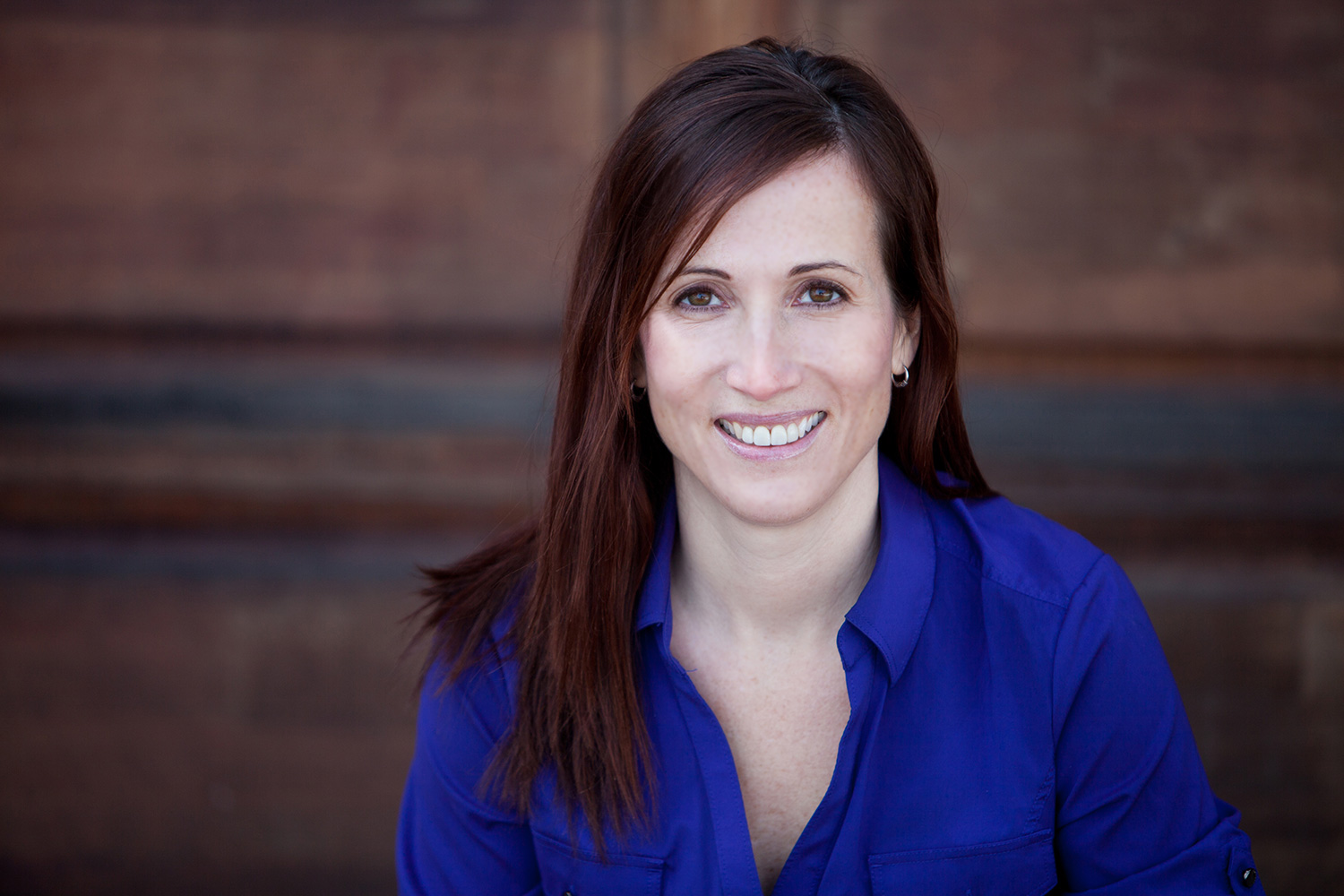August 23, 2022
423 Rejections and Still Going
Jessica Lourey
 An interviewer once asked Jess Lourey: "How did you come into writing?"
An interviewer once asked Jess Lourey: "How did you come into writing?"
She replied: I received four hundred and twenty three rejections before I signed my first book contract. Not very good odds, but I'm running with them. It started when I was six. I wrote this Minnesota haiku for my awesome grandpa:
Grandpas are full of love
Grandpas are full of tickles
But grandpas are especially full of pickles.
People loved it. Aunts hugged me, cousins were jealous, uncles asked me to immortalize them next. My poetry skills have not evolved since that day, but the enchantment with words and their power grew inside me like a watermelon seed.
I wrote my first novel when I was 26. It featured three women traveling across the United States, three women suspiciously like myself and the two best friends I had taken a road trip with a couple years earlier. Like most first novels, it was embarrassingly self-involved, full of overwritten description and twenty-pound dialogue tags:
"Why doesn't my alcoholic father accept me for who I am?" Hannah asked pityingly, rubbing the burning, salty tears from her chocolate brown eyes.
Amazingly, no publisher would take a look at the first three chapters. (The fact that I was submitting directly to publishers shows just how green I was.) I tried some light revising, working under the misconception that my work was great and the world just wasn't ready for it yet. When the adding of more adjectives didn't net me a three-book deal, I took a sabbatical from writing the Great American Novel and got a real job. (By the way, I'm forever thankful it wasn't so easy to self-publish back then, or that stinker would be out there, following me everywhere.) I ended up with two Master's degrees, one in English and one in Sociology, and a teaching job at a rural technical college.
But, like most writers, I couldn't stop thinking of book ideas, scribbling down sparks of description or snatches of conversation that I overheard and would love to work into a story, feeling lazy and envious when I read a fantastic novel. When a traumatic life event reminded me of the true power of writing, I started penning MAY DAY, the first in my Murder-by-Month mysteries for adults. Complete story here: Rewrite Your Life TEDx Talk.
It turned out mystery writing fit me well. I enjoy structure, adventure, humor, justice. My first draft was complete, I thought, at 45,000 words. Confident that I had found my niche, I sent out 50 query letters and received 50 rejections. I researched the field, poring over the Mystery Writers of America and Sisters in Crime websites, reading all that Preditors and Editors had to offer me, camping out in Jeff Herman's fantastic reference book as well as the Literary Marketplace and AAR. Out of all those resources, two points stuck with me: no one would read a book shorter than 50,000 words, and if you're writing a mystery, publishers only want series. Read on...
Using the ARISE Method to Edit by Jess Louery
A few years ago, I was writing Salem's Cipher, which would become my very first thriller (and garner my first Anthony Award nomination). The book had three timelines and seven point of view characters. ACK. What was I thinking?? I Kermit-typed the first draft, but when it came time to edit, I was at a loss. How to shape such a steaming pile into a page-turner?
That's when I came up with the ARISE method (Action, Relationship Information, Suspense and Emotion), a scene-based way to edit a novel or memoir no matter how complex the storyline. Here's how it works:
First, understand that a scene is a single point of conflict in a single location, and a completed novel or memoir has approximately 80 scenes.
After you've completed your first draft, go back and write a one-two sentence summary of each scene in your book. I use notecards so I can number them, but regular paper works. (This step is tedious, it takes a full day, maybe two, and it's worth its weight in gold, love, and lottery tickets.)
Ask yourself which of these five elements occur in each particular scene: Action, Relationship (I define this as active friendship, active romance, or humor), Information, Suspense (I define this as a deep desire to know what happens next), and Emotion (this is something your reader feels).
Make sure that each scene offers at least two of those elements (though I shoot for three in most scenes). If a scene only offers one, delete it, combine it with another scene, or add a second element.
Also make sure you don't have too many scenes that offer all five elements. It will overpower your reader. Definitely make sure your inciting incident, your halfway point, and for sure your climax have all five elements.
Check out more tips from Jess's book Rewrite Your Life: Discover Your Truth Through the Healing Power of Fiction (How to Write a Book) and learn about Jess's writing retreats and workshops.

Jess Lourey writes about secrets. She's the Amazon Charts bestselling Edgar, Agatha, and Lefty-nominated, Anthony and Thriller Award winning author of crime fiction, nonfiction, children's books, YA adventure, and magical realism. She is a retired professor of creative writing and sociology, a recipient of The Loft's Excellence in Teaching fellowship, a Psychology Today blogger, and a TEDx presenter. When not leading women's writing retreats, reading, traveling, or fostering kittens, you can find her drafting her next story.
Affiliates/Partners
Testimonials
Contact
Join CWA
Member Directory
My Account
Writers Conference
Presenters
Agents and Publishers
Pitch Sessions
Sponsors
Scholarships
Speaker Registration
Book of the Year
Spirit Award
First Chapter Contest
Resources
Home
Chicago Writers Association
info@chicagowrites.org
Make a Difference!


Comments
Maggie Smith on Tuesday, August 23, 2022
Your ARISE method is a great starting point for beginning novelists. When we’re just starting out, it’s amazing how little we realize. Something as simple as your first point really helps. Thanks for sharing your wisdom.